Managing events at a venue or managing the entire venue requires that you wear many hats throughout the day. It’s difficult to become an expert in every area when you’re spread so thin keeping everything afloat. We are all guilty of thinking we know what something means, but are too afraid to actually ask the question out loud “What’s really the difference between an impression and a pageview?”
We are here to make things easier for you on the marketing side of the business. Here are 27 marketing terms to help you understand how to better market your venue and event spaces.
Here are 27 Marketing Terms You Need To Know To Market Your Venue
1. Buyer Persona
A fictional representation of your ideal customer based on current and desired customers.
Marketing Example: For EventUp, I target promotions to Owners/Managers of venues that offer private dining or private events, since that is the ideal person who would benefit from using EventUp.
2. Content
Information about your venue, space, and offerings packaged into easy-to-consume medians.Marketing Example: Information, photos, and/or videos, that you would write in a blog post, email, newsletter, or social post.
3. Gated Content
Any type of marketing content such as downloadable pieces, videos, templates, secret sections of a website, that lives behind a form that requires a form-fill in order to gain access to it.Marketing Example: Longer pieces of content such as a case study or handbook should be gated and only give access to those who fill out a form.
4. Call-to-action (CTA)
A link or button that will continue the journey or offer a next step for the reader on a piece of content.Marketing Example: Usually at the bottom of an email or blog post you will find
5. Form
A set of questions that the reader will input their personal information in order to gain access to more information.Marketing Example: Typically marketing forms contain First/Last Name, Email, Phone Number, Business Name, What type of more information are you looking for.
6. Conversion
A contact who views your content and then fills out a form to access more. Not everyone who views your page will submit their information in the form and convert.Marketing Example: Schedule a Demo, Sign up for free Birthday Appetizer, Sign up for restaurant newsletter - anyone who completes any of these forms converted on the content/button you shared.
7. Lead
A person or group who has positively interacted with your venue that you can connect with via email, phone, or social media in hopes of growing or expanding the relationship.Marketing Example: A contact has filled out a form on your website and you can now send them email promotions.
8. Customers Relationship Management (CRM)
The tool or system you use to collect, and manage all of your customers and lead data and information.Marketing Example: Tripleseat Software is the leading event management software, that houses your customer data to personalize the relationship.
9. Email Newsletter
Similar to an email promotion, Newsletters often contain a few pieces of information versus a singular objective.Marketing Example: Monthly newsletter sharing this month's food specials, Instagram challenge, Friday music lineup, as well as tickets to next month's special event. Instead of sending out 4 or 5 emails - send 1 longer email that includes all relevant information to help customers learn about all upcoming events.
10. Embed
To include links, photos, videos, or other types of content into your posts or online media.
Marketing Example: This photo has been embedded into this post so you can view it while you are reading the content without having to click elsewhere.
11. Visitor
Each individual person who comes to your website, blog, social account, an in-person event could potentially engage with your or your content and become a customer.
Marketing Example: Not all visitors will convert into a lead or customer, but the more people that engage with your brand the more customers you can collect.
12. Page view
A page view is when a contact views 1 page of your website or blog.
Marketing Example: If a visitor comes to your website, and visits your home page, then clicks on the events page, and reads through your offerings. That 1 contact will record 2 page views in your reporting.
13. Impressions
An impression is when an element on a page is viewed. Typically impressions are used to discuss analytics of ads or an element on a page.
Marketing Example: If you embed a video on the homepage of your website, you will want to track how many impressions the video is generating. If you compare that to your page view numbers you can calculate if your visitors are watching the video more than once.
14. Traffic
Website traffic is the combined data of visitors, page views, impressions, bounce rate, etc. that would be broken down and analyzed to determine how to best optimize the different assets on a site.
Marketing Example: You will want to monitor the traffic to your website on a monthly and quarterly basis to see which marketing campaigns, assets, or sections of your website are performing well and where you can improve.
15. Inbound Marketing
Is the practice of creating content in all forms that attract people to your website, blog, or social accounts.
Marketing Example: Writing a clever blog post or Instagram reel that attracts people to your website is considered inbound marketing.
16. Outbound Marketing
Is the practice of reaching out directly to your potential customers.
Marketing Example: Sending an email or newsletter is considered outbound marketing.
17. Online Marketing
Is any marketing that can be accessed via the internet.
Marketing Example: Includes but is not limited to, your website, blog, social accounts, venue directories such as EventUp, YouTube, Pinterest, LinkedIn, etc.
18. Paid Advertising
Is a form of outbound marketing. You pay to have your post or ad appear to the desired audience on Google, social accounts, or other relevant websites.
Marketing Example: Here is an example of one of EventUp’s paid ads on Instagram. We invest a budget each month to have this ad appear in our desired audiences’ news feeds to entice them to check out the EventUp website.
19. Post
Is each new article, image, or video (depending on the channel) dedicated to a single topic or idea.
Marketing Example: This article that you are currently reading of 27 marketing terms is considered 1 blog post. It covers a single topic, marketing terms, that includes relevant links, and photos to help the reader consume the information.
20. Search Engine Optimization (SEO)
Search engine optimization. The practice of optimizing your online presence to better answer search engine queries and appear more often and higher in the search results.
Marketing Example: Including search terms, you want to be found organically into your blog posts or website. If your venue hosts private events, make sure to include that in a few areas on your website - so when people are searching for “private event venue near me” your venue shows up in search results.
21. Social Marketing
Is the process of sharing content, engaging with your audience, and converting visitors into customers on Social Media platforms such as Facebook, Instagram, Tik Tok, Pinterest, YouTube, and other networks.
Marketing Example: Instagram is the perfect platform to share photos of the food and drinks you offer at your venue. Entice people to want to come to your venues and enjoy your offerings.
22. Hashtag
Use the pound sign (#) to categorize your post in order to be found for that category or topic.
Marketing Example: Add #sundaybrunch to any Instagram posts you post about the food, drinks, or music you offer during your Sunday brunches to entice people to want to visit.
23. Social Proof
It shows that other people or companies have purchased something from you or visited your venue.
Marketing Example: This can be sharing testimonial quotes, testimonial videos, case studies, or providing examples of companies that plan events with you.
24. Software As A Service (SaaS)
Is a service that you access with login credentials instead of downloading the software locally to your computer.
Marketing Example: Both Tripleseat the leading event management software, and EventUp the leading venue directory are SaaS companies.
25. Uniform Resource Locator (URL)
To be honest, I have never heard anyone call it a uniform resource locator. It specifies a specific address on the internet.
Marketing Example: In marketing campaigns, you often want to continue to journey on any given piece of content, a great way to do that is to link to another blog post, a section of the website, or form. You would then link to that page with a URL.
26. User-Generated Content
Content that is created by a company's users or customers.
Marketing Example: Many restaurant and venue visitors will post selfies and food pictures. This is free content created by your visitors that you can use with permission.
27. Word-of-mouth Marketing (WOMM)
Is when someone shows interest in your venue or promotes your venue in their daily lives.
Marketing Example: This can be someone recommending your restaurant to a friend who is planning an event, or someone who “Checks In” at your venue on Facebook so all their friend’s lists get notified.
Interested in more events industry lingo? Check out our other blog posts:
Restaurant Lingo: 22 Terms You Need to Know
23 Conference AV Terms You Need To Know
26 Corporate Conference Lingo You Need To Know
If you have any questions about any of the marketing terms, or if we missed one that you would love to understand better feel free to reach out to us in the comments below or on social.
Not an EventUp venue yet? What are you waiting for?
Schedule a demo today to learn about our expansive premium packages and all the benefits that come with being an EventUp venue, like commission-free leads, venue spotlight blog posts, dedicated social media posts, and much more.




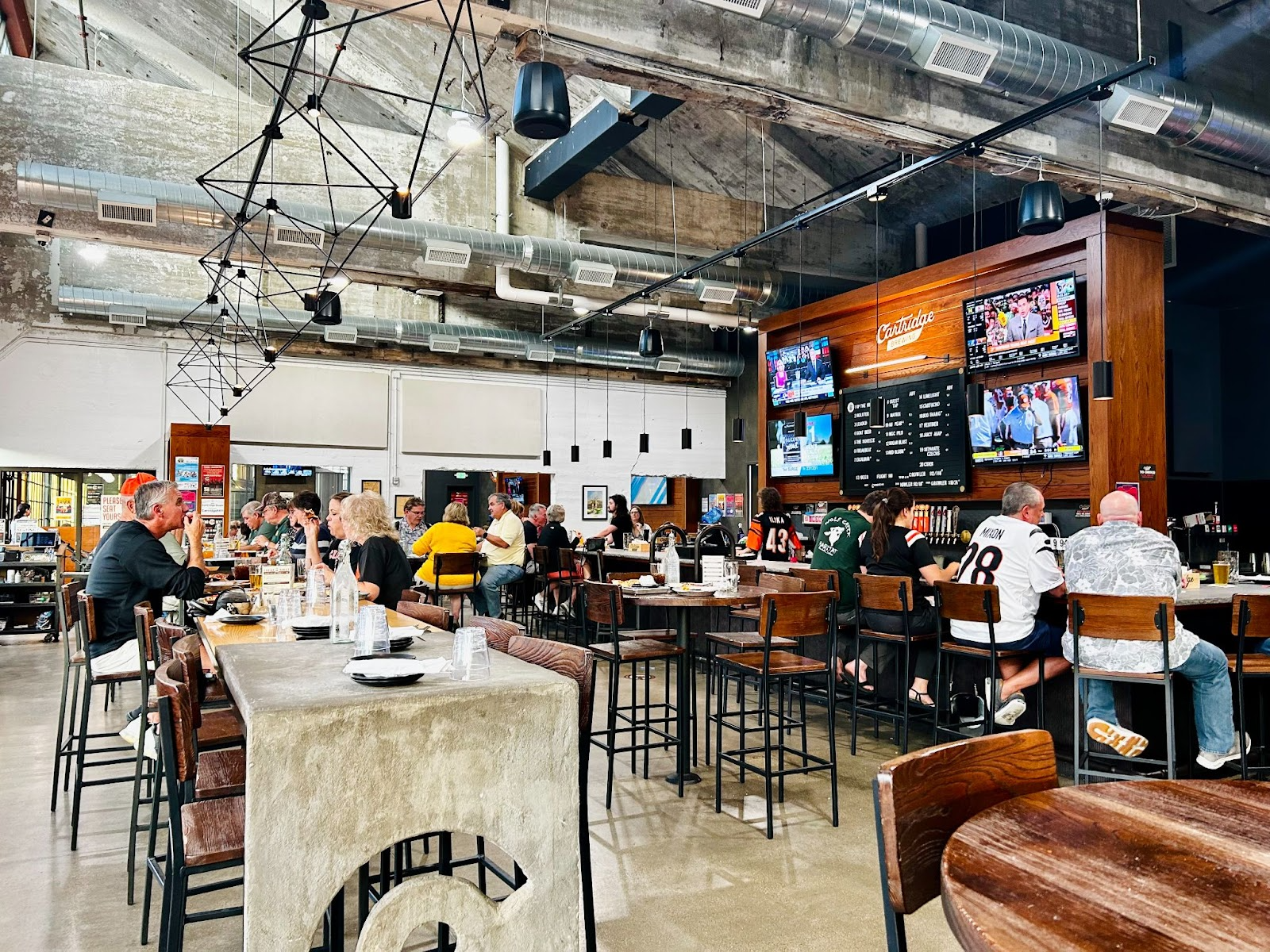
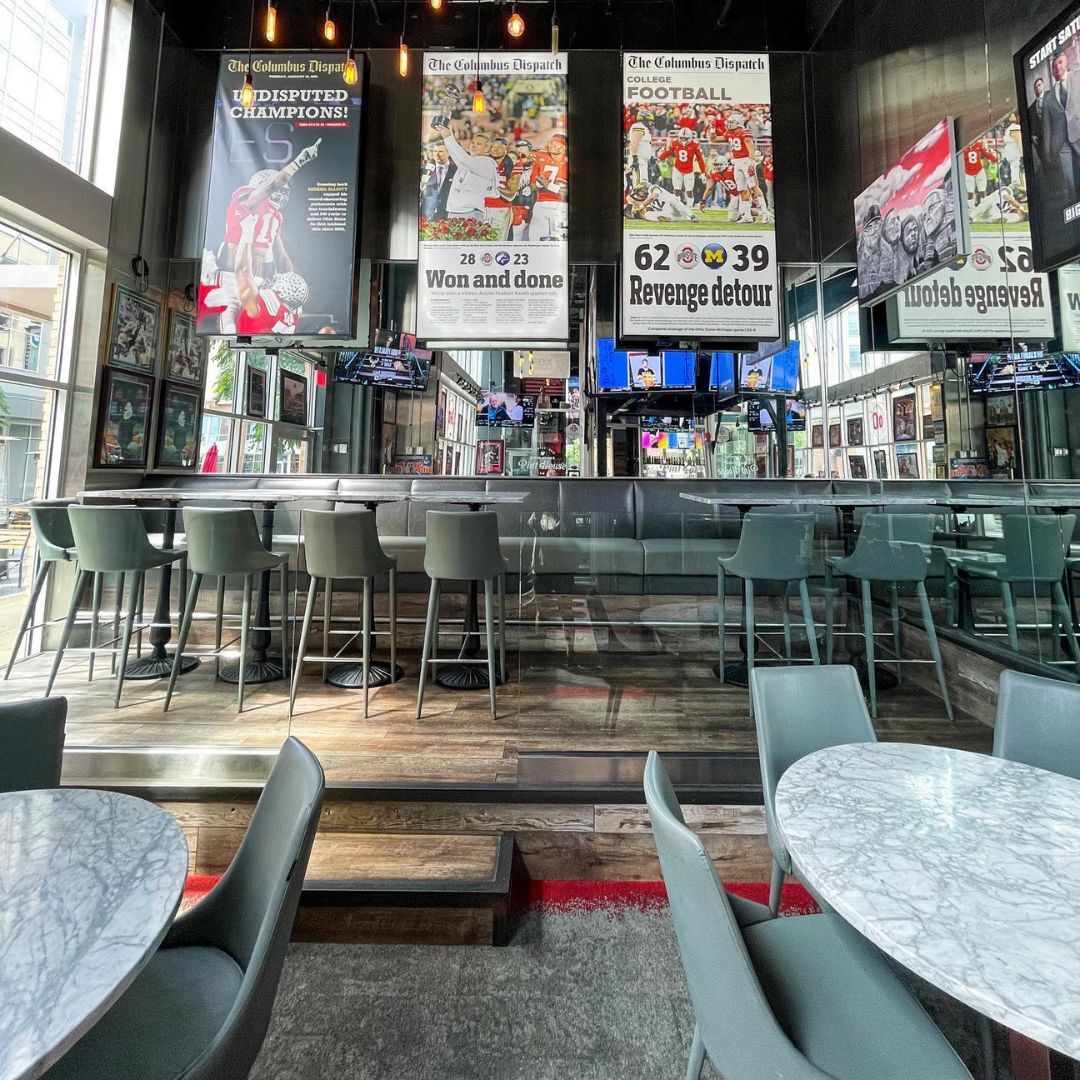
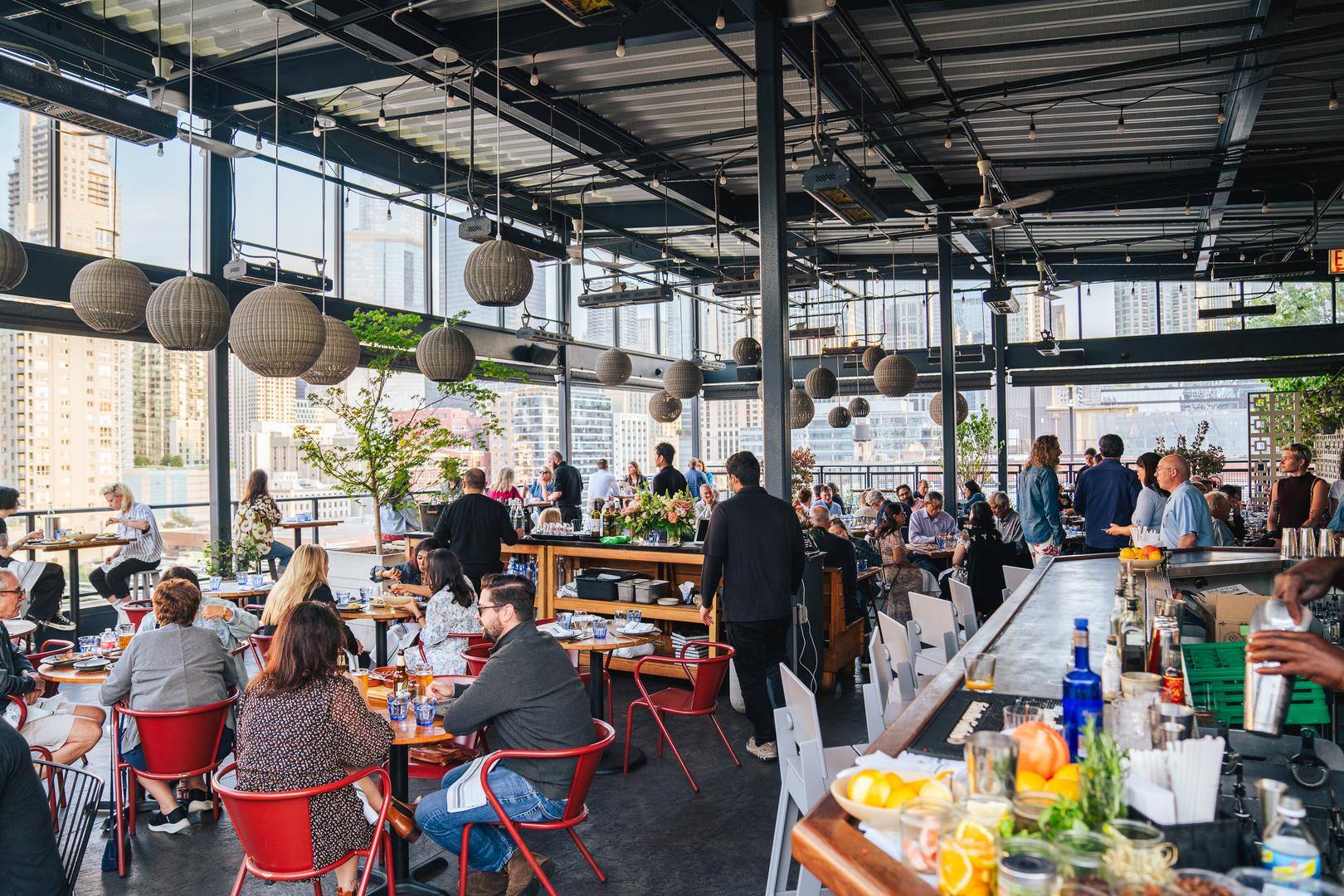






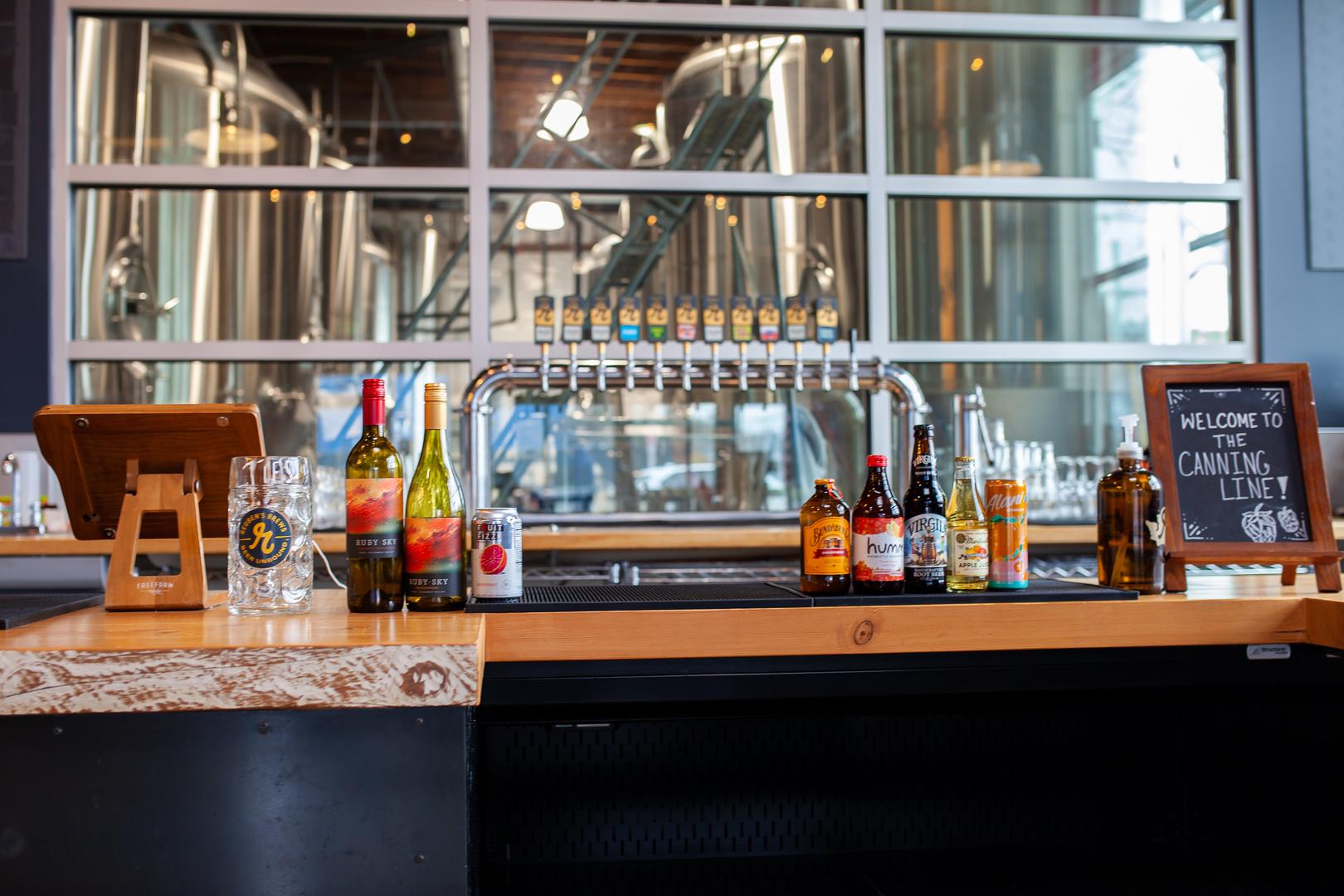
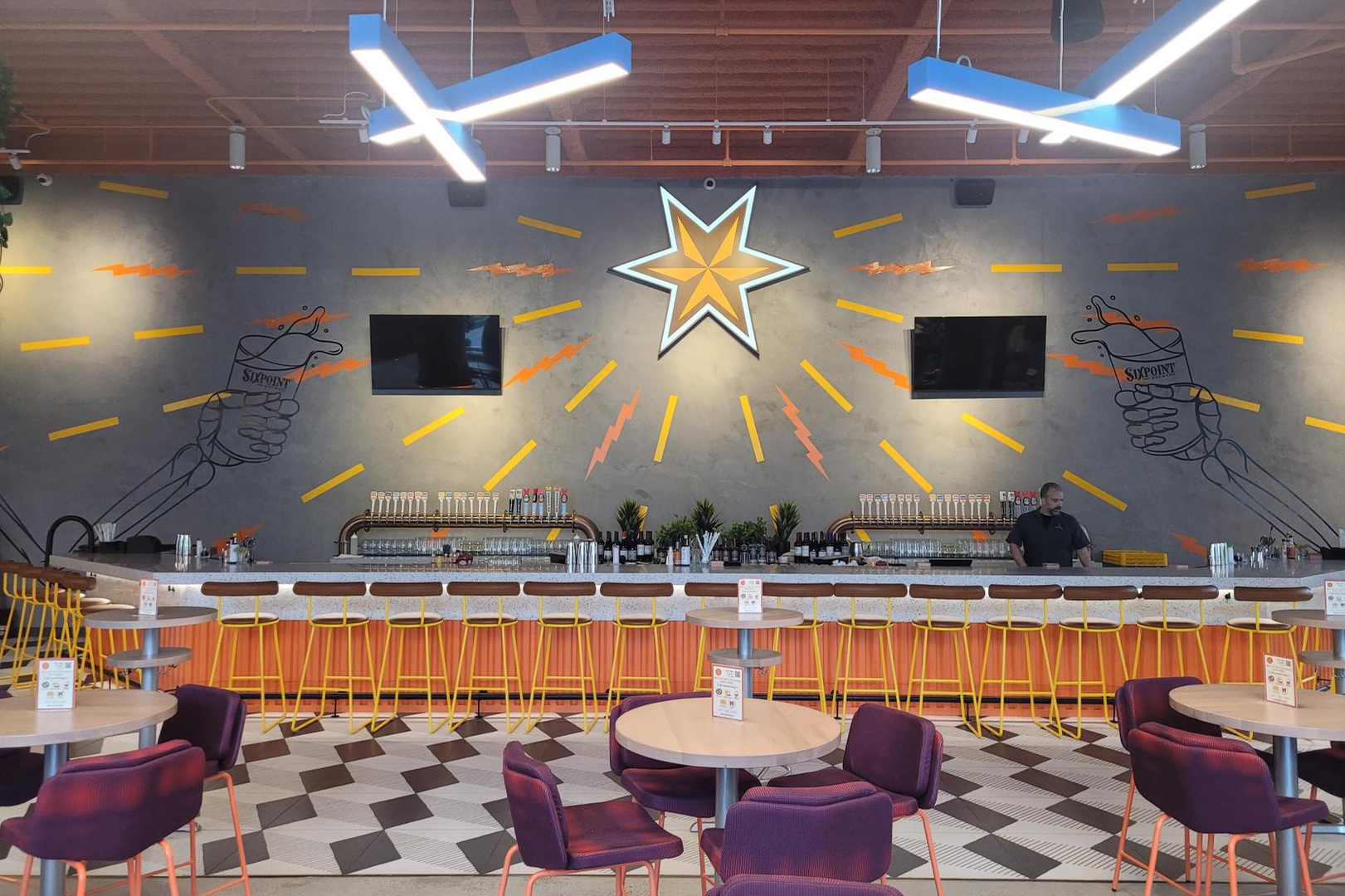
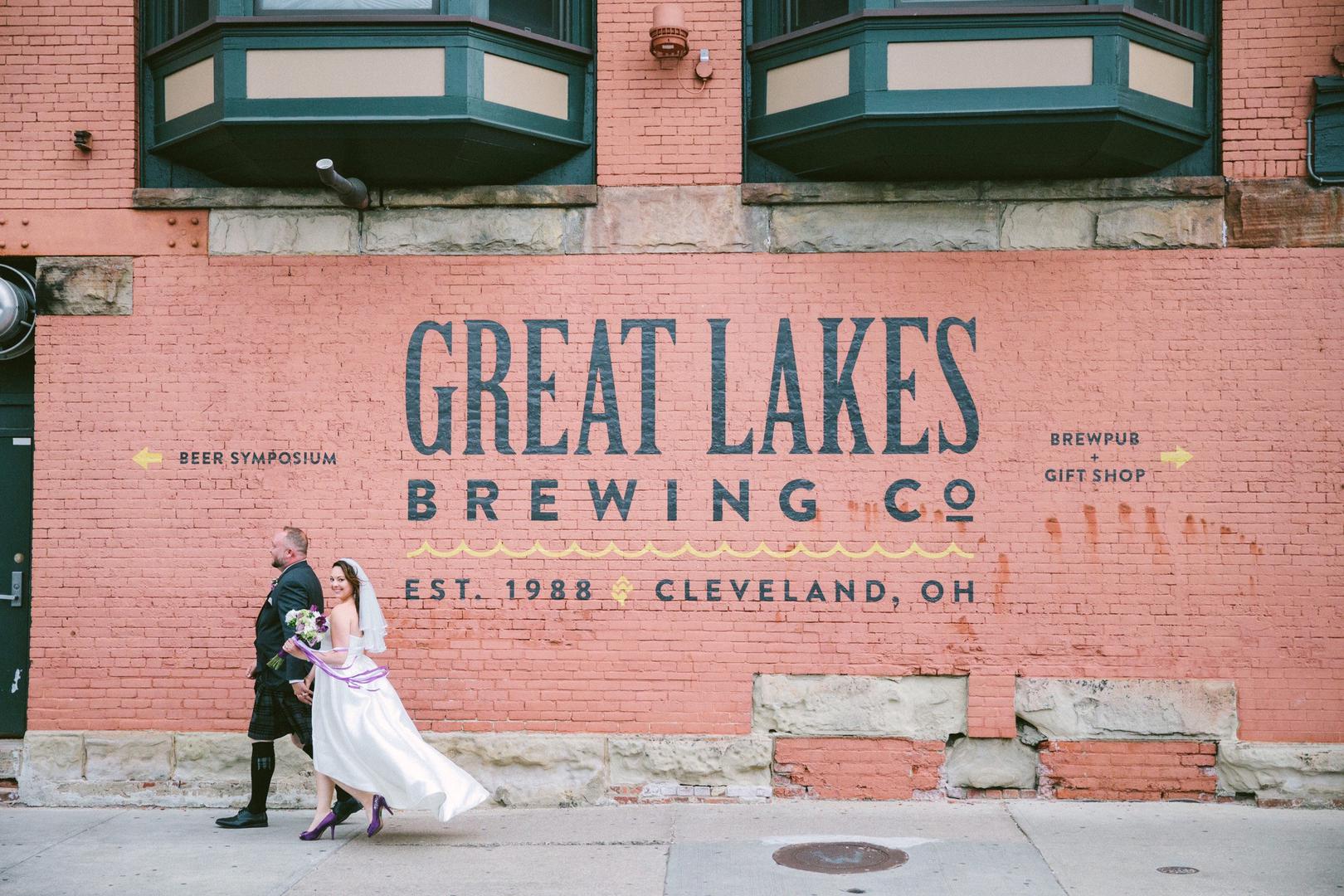
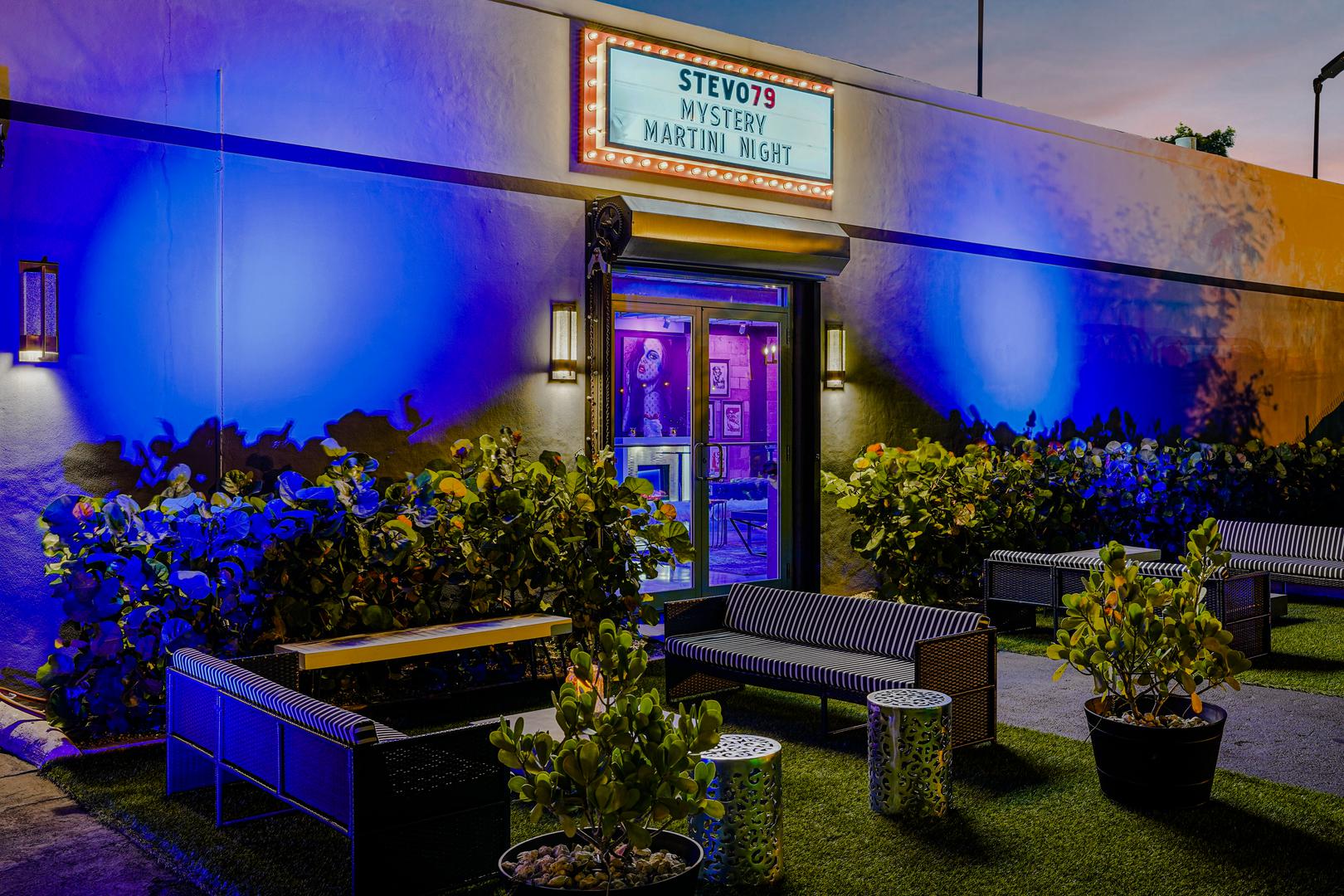
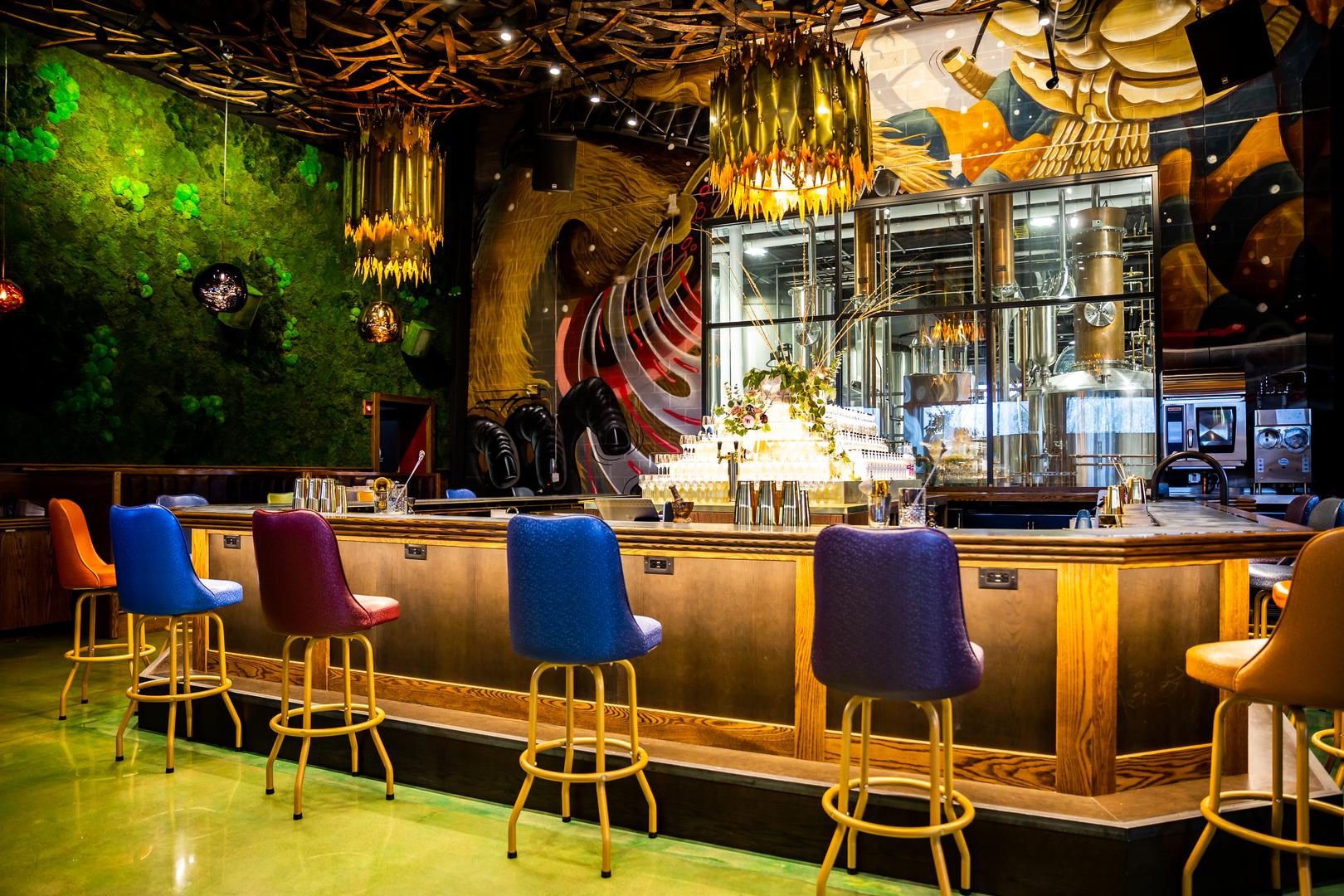
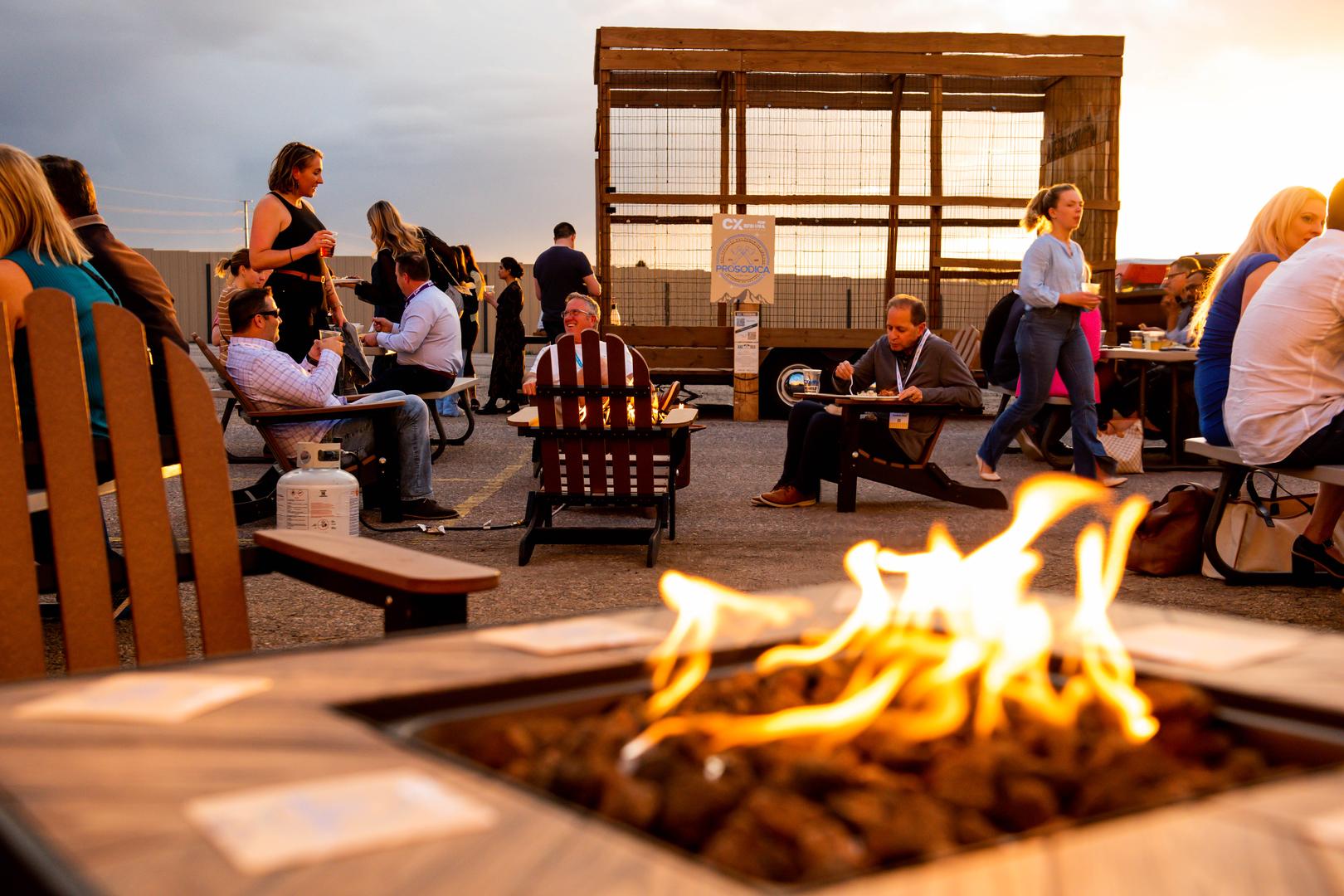

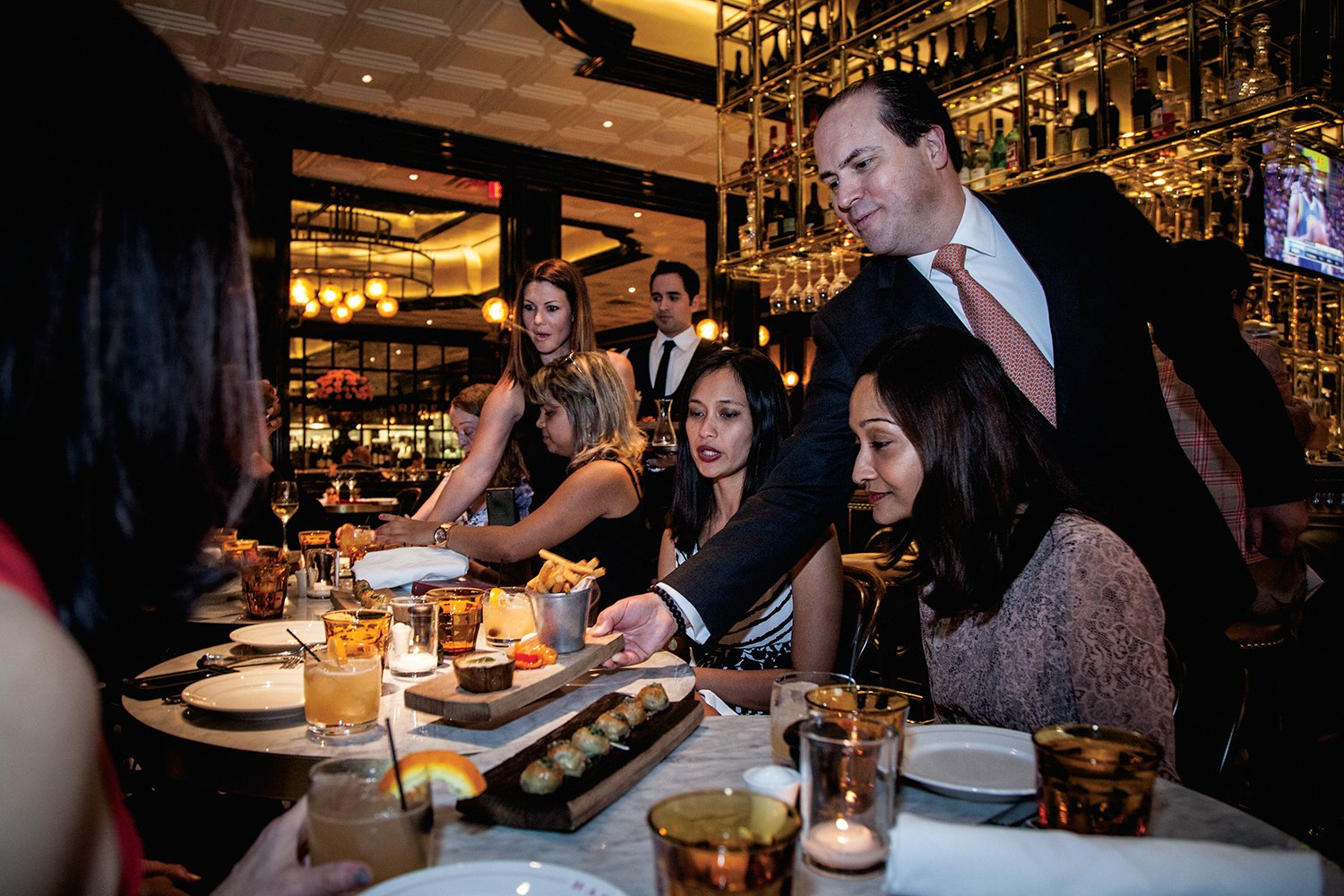
%20Where%20to%20Eat%20Near%20Willis%20Tower%20in%20Chicago.png)
